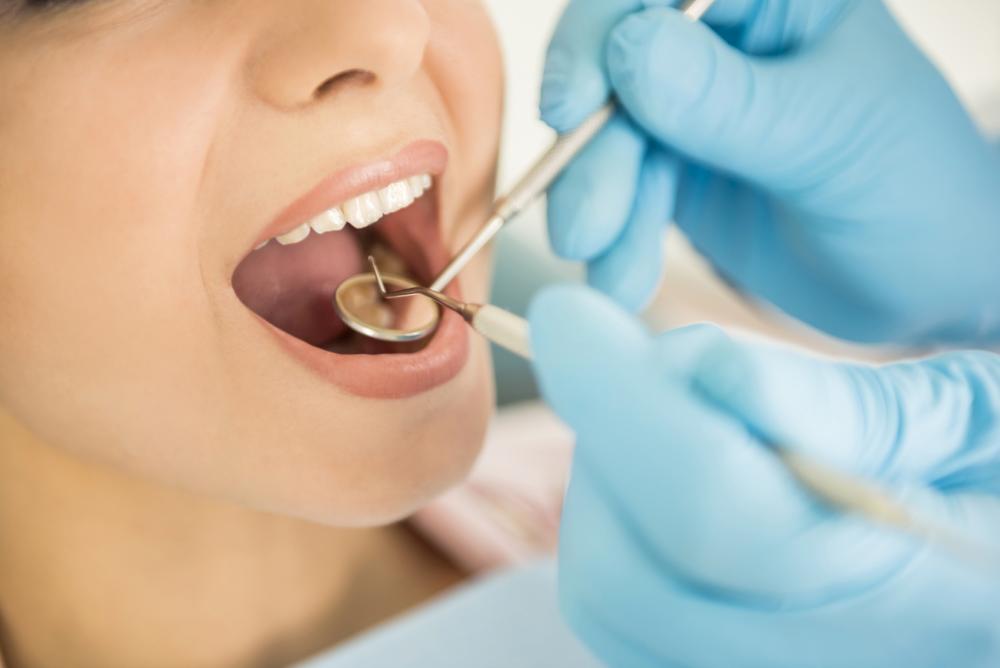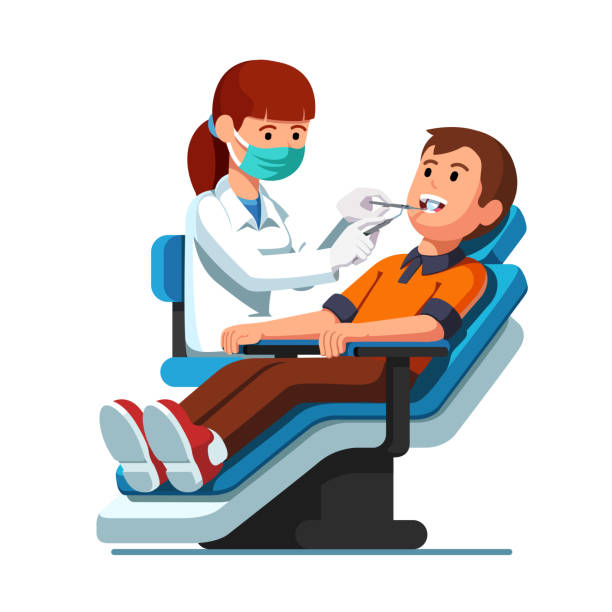Why You Must Pick a Local Dentist Eugene for Personalized Care
A Guide to Typical Oral Problems That Require a Dental practitioner's Care
Toothaches, for example, can be symptomatic of serious issues such as tooth cavities, fractured teeth, or abscesses, each needing particular treatments like dental fillings or root canals. Affected wisdom teeth and jaw disorders can introduce substantial pain and problems.
Toothaches
Toothaches are a common oral problem that can range from moderate discomfort to severe discomfort, often showing an underlying concern that calls for specialist focus. This pain can stem from a selection of resources, including oral cavities, broken or fractured teeth, and oral abscesses. Each of these conditions poses substantial threats if left neglected, possibly leading to much more extreme problems.
Tooth decays, additionally recognized as cavities, are brought on by the accumulation of plaque that wears down tooth enamel, resulting in holes or pits in the influenced teeth (dentist in eugene oregon). Split or fractured teeth, on the various other hand, might arise from trauma, grinding, or biting into hard items. These structural problems can reveal the delicate internal layers of the tooth, causing pain and increasing the danger of infection. Abscesses hurt infections at the origin of a tooth or between the periodontal and a tooth, generally arising from extreme decay or untreated dental caries.
Effective therapy of toothaches includes resolving the origin. This might include dental fillings for tooth cavities, crowns for broken teeth, or origin canals and prescription antibiotics for abscesses. Early intervention by a dental specialist can avoid more deterioration and ease discomfort, ensuring optimal dental health and wellness.
Gum Illness
Gum tissue illness, a common yet typically ignored dental condition, manifests through swelling and infection of the gum tissues and supporting cells. If left unattended, gingivitis can progress to periodontitis, a much more extreme kind identified by the destruction of the supporting bone and connective tissue, ultimately leading to tooth loss.
The key source of gum tissue disease is bacterial plaque, a sticky, anemic film that constantly bases on teeth. Poor oral hygiene, smoking cigarettes, hereditary proneness, and certain clinical problems, such as diabetes mellitus, can aggravate the threat of establishing gum tissue illness. Routine oral exams are important for very early detection and management of this condition.
Therapy for gum tissue condition varies from expert dental cleansing and scaling to more sophisticated treatments like origin planing and periodontal surgery, relying on the severity. Keeping great dental health practices, including cleaning two times daily, flossing, and utilizing a disinfectant mouthwash, can dramatically minimize the risk of gum illness and promote healthier gums.
Tooth Cavities
Dental caries, likewise referred to as tooth decays, are an usual oral condition defined by the damage of tooth enamel due to acid-producing bacteria in the mouth. These microorganisms thrive on sugars and starches from food and beverages, producing acids that slowly wear down the enamel, leading to dental caries development.
Early-stage dental caries might not reveal signs and symptoms, however as they proceed, they can create tooth pain, level of sensitivity to warm or chilly, noticeable openings or pits in the teeth, and staining. If left neglected, tooth cavities can pass through deeper layers of the tooth, possibly leading to severe discomfort, infection, and also missing teeth.
Preventing cavities entails a mix of good dental hygiene techniques and dietary practices. Regular brushing with read this post here fluoride tooth paste, flossing, and regular dental check-ups are vital. Dental practitioners might additionally advise additional precautionary actions, such as fluoride treatments and oral sealers, to shield teeth from decay.
Minor dental caries can be attended to with oral fillings, which bring back the tooth's structure. A lot more advanced instances may require crowns or also origin canal treatment if the decay has reached the tooth's pulp.

Impacted Wisdom Teeth
Influenced knowledge teeth are a common dental concern that takes place when the 3rd molars, frequently described as wisdom teeth, fall short to fully emerge or line up correctly within the mouth. This condition frequently results from not enough space in the jaw or an uncommon growth angle of the teeth. Impacted wisdom teeth can cause a selection of difficulties, consisting of damages, infection, and pain to surrounding teeth.
When knowledge teeth become influenced, they are frequently partly erupted or continue to be completely beneath the gum line. This partial eruption can create a pathway for bacteria to get in the gums, causing infections that show up as swelling, pain, and even fever. Furthermore, affected knowledge teeth can apply pressure on bordering teeth, potentially triggering crowding or changing.
A thorough dental assessment, normally involving X-rays, is essential for detecting influenced wisdom teeth. Treatment frequently includes surgical removal, executed by a dental cosmetic surgeon. The treatment intends to ease discomfort and prevent further difficulties, such as cysts or damage to surrounding bone frameworks. Post-operative treatment is critical to ensure proper recovery and reduce the threat of infection. Routine dental examinations are advisable to additional resources keep an eye on the condition and preserve oral wellness.
Jaw Disorders
Jaw problems, collectively called temporomandibular joint (TMJ) disorders, encompass a variety of problems that influence the jaw joint and surrounding muscle mass. These disorders can manifest with signs such as pain or tenderness in the jaw, problem chewing, a clicking or popping noise when opening up or shutting the mouth, and even chronic headaches. TMJ conditions can emerge from various factors, including arthritis, jaw injury, or habitual behaviors like teeth grinding or jaw clenching.
Medical diagnosis of TMJ disorders typically includes a detailed assessment by a dental expert, consisting of a physical assessment of the jaw, oral X-rays, and in some cases advanced imaging strategies like MRI or CT scans to analyze the joint's condition. Non-invasive approaches such as physical treatment, oral splints, and drugs aimed at reducing inflammation and discomfort are commonly first-line treatments.
Very early intervention by an oral specialist is important to stop the progression of TMJ disorders and to preserve total oral health. Clients experiencing persistent jaw pain or disorder should seek punctual analysis and my link therapy.
Verdict
Keeping oral wellness necessitates prompt specialist care to attend to typical dental problems. Toothaches typically suggest underlying issues such as tooth cavities, cracked teeth, or abscesses, requiring prompt treatment. Gum condition, from gingivitis to periodontitis, needs regular dental check-ups and cleansings to stop development. Impacted wisdom teeth and jaw disorders likewise call for expert interest to minimize discomfort and avoid further issues. Regular oral brows through are necessary for diagnosing and treating these problems, making sure overall dental health and wellness and health.
Dental tooth cavities, also known as decays, are triggered by the accumulation of plaque that deteriorates tooth enamel, leading to openings or pits in the affected teeth. Abscesses are painful infections at the origin of a tooth or in between the periodontal and a tooth, typically resulting from extreme decay or unattended tooth cavities.

Additionally, affected wisdom teeth can exert stress on neighboring teeth, possibly causing crowding or changing.